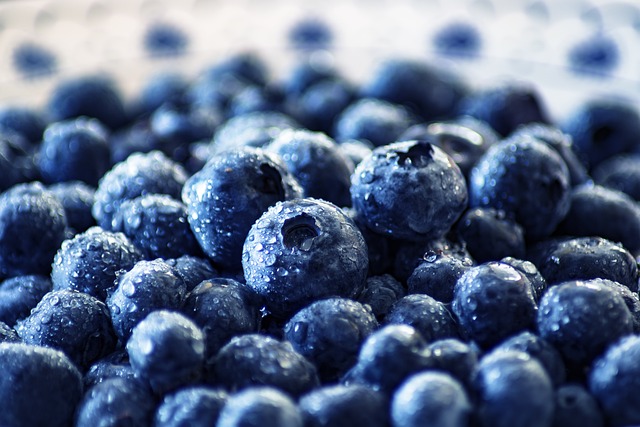Gut-Healing and Beyond: The Power of Probiotics in Health and Wellness
Probiotics are living microorganisms that are beneficial to human health, especially the digestive system. They are commonly found in many fermented foods and in dietary supplements. The use of probiotics has been popularized in recent years, with growing scientific evidence pointing towards the many health benefits they offer.
How Probiotics Work
The human gut is home to trillions of microorganisms, including both good and harmful bacteria. The balance between these two types of bacteria is crucial for maintaining a healthy gut and overall health. Probiotics are beneficial bacteria that help to restore the balance of gut microbes.
Probiotics work by colonizing the gut and preventing the growth of harmful bacteria. They also stimulate the immune system and improve the overall health of the gut, leading to improved digestion and absorption of nutrients. Lastly, probiotics produce important substances like short-chain fatty acids, which are essential for good health.
Benefits of Probiotics
The benefits of probiotics go far beyond gut health. Studies have shown that they can improve various health conditions, including:
- Reducing inflammation and boosting the immune system
- Reducing the risk of diarrhea caused by antibiotics or infections
- Improving mental health and reducing anxiety and depression symptoms
- Reducing the severity of eczema and other skin conditions
- Lowering the risk of heart disease and improving cholesterol levels
- Helping to manage type 2 diabetes by reducing insulin resistance and inflammation
Sources of Probiotics
Probiotics are found in many foods and supplements. Some of the best sources of probiotics include:
- Yogurt: Live-culture yogurt is one of the most well-known sources of probiotics. Look for yogurt that contains Lactobacillus acidophilus and Bifidobacterium lactis strains for the most benefits.
- Kefir: This fermented milk product is similar to yogurt, but has a thinner consistency. It contains many different strains of probiotics and is often better tolerated by people who are lactose intolerant.
- Sauerkraut: This fermented cabbage dish is another great source of probiotics. Look for unpasteurized sauerkraut that contains live cultures.
- Miso: This Japanese fermented soybean paste is a staple in many Asian cuisines. It contains a variety of probiotics and is often used in soups and marinades.
- Kombucha: This fermented tea has become increasingly popular in recent years. It contains a variety of probiotics and beneficial organic acids.
In addition to food sources, probiotics are also available as dietary supplements in the form of capsules, tablets, and powders. When choosing a probiotic supplement, look for one that contains a variety of different strains for maximum benefits. It’s also important to choose a supplement that guarantees the number of live organisms per dose.
Conclusion
The use of probiotics is a simple and effective way to improve gut health and overall wellness. Probiotics have been shown to have many health benefits, from reducing inflammation and boosting the immune system to improving mental health and reducing the risk of chronic disease.
By incorporating probiotic-rich foods into your diet and supplementing with a high-quality probiotic supplement, you can harness the power of probiotics for optimal health and wellbeing.







